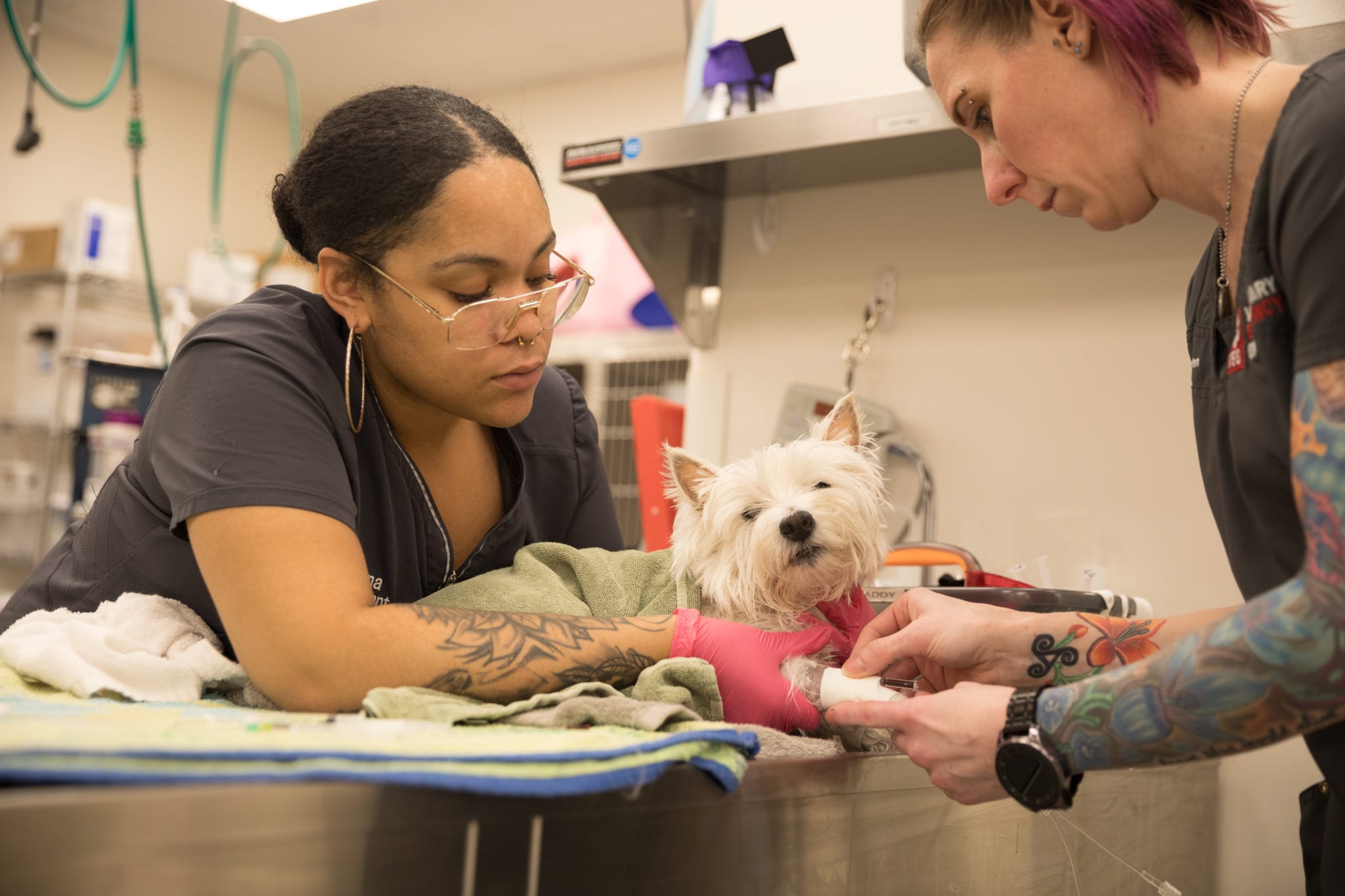Dehydration in dogs can be caused by insufficient water intake and excessive heat exposure. Other factors can contribute to dehydration, such as illness or medications.
Ensuring your dog stays hydrated is vital for overall health and well-being. It’s essential to recognize the signs of dehydration in your furry friend and take prompt action to rehydrate them. By understanding the causes of dehydration in dogs, you can help prevent this common issue.
Providing fresh water regularly and monitoring your dog’s hydration levels are simple yet crucial steps in maintaining their health. Additionally, being aware of potential triggers like hot weather or strenuous activity can help you protect your pet from dehydration-related complications.
Common Causes
Dehydration in dogs can be caused by various factors. Inadequate water intake is a common cause, so it’s important to ensure that your dog has access to fresh water at all times. During periods of extreme weather or vigorous exercise, dogs can become dehydrated due to excessive heat or exercise. Additionally, illness and vomiting can lead to dehydration as the body loses fluids. Keeping a close eye on your dog’s water consumption and behavior can help prevent dehydration and ensure their well-being.

Credit: veterinaryemergencygroup.com
Environmental Factors
Dehydration in dogs can be caused by environmental factors such as weather conditions. Hot temperatures and low humidity contribute to dehydration. Engaging in prolonged outdoor activities can also lead to dehydration.
Behavioral Factors
Dogs can become dehydrated due to various behavioral factors. One such factor is their preference for dirty water sources. Dogs may have a tendency to drink from stagnant ponds, puddles, or even dirty dishes. This can increase the risk of dehydration as the water from these sources may be contaminated and unhealthy for consumption. Another factor that can contribute to dehydration is competition with other animals.
In multi-pet households or in outdoor settings where dogs interact with other animals, they may feel the need to compete for water resources. This can lead to decreased intake of water and ultimately result in dehydration. It is important for dog owners to encourage their pets to drink clean and fresh water regularly to prevent dehydration-related health issues.

Credit: www.aecmemphis.com
Dietary Factors
Dehydration in dogs can be caused by dietary factors such as a low-moisture diet. Dogs need proper hydration, so a dry diet may lead to dehydration. Additionally, high-salt treats can further contribute to this issue. It is vital to provide access to clean, fresh water at all times. Ensuring that the dog’s diet has adequate moisture and limiting high-salt treats can help prevent dehydration. Be mindful of the water intake and adjust the diet accordingly to keep your four-legged friend properly hydrated.
Health Conditions
Dogs can get dehydrated due to kidney disease which affects their ability to concentrate urine. Diabetes can also contribute to dehydration in dogs as it leads to increased urination. |
Preventive Measures
Proper Hydration Awareness: Ensuring your dog has access to fresh water at all times is crucial in preventing dehydration. It’s important to be aware of the signs of dehydration in dogs, such as dry gums, lethargy, and sunken eyes. Monitor your dog’s water intake, especially during hot weather or strenuous activity. Encouraging your dog to drink more water can also help prevent dehydration.
Adding water to your dog’s food or offering ice cubes as treats can help increase their fluid intake. Additionally, being attentive to any changes in your dog’s drinking habits or behavior can help identify dehydration early, allowing for prompt intervention.
Frequently Asked Questions
What Illness Causes Dehydration In Dogs?
Dehydration in dogs can be caused by various illnesses, such as kidney disease, diabetes, and gastrointestinal issues.
How Do You Fix A Dehydrated Dog?
To fix a dehydrated dog, provide them with clean and fresh water in small quantities frequently. Encourage them to drink by adding flavor to the water or using ice cubes. Consult a veterinarian if the dehydration persists or if the dog shows other concerning symptoms.
Can A Dog Drink Water And Still Be Dehydrated?
Yes, a dog can still be dehydrated even if it drinks water. Signs include dry gums, lethargy, and sunken eyes.
What Dog Breeds Are Prone To Dehydration?
Some dog breeds prone to dehydration include Bulldogs, Pugs, Boxers, and Cavalier King Charles Spaniels. These breeds often have difficulty regulating body temperature and may require extra attention to ensure they stay hydrated. Regular water intake and shade are essential for preventing dehydration in these breeds.
Conclusion
Dehydration in dogs can result from various factors like illness, heat, or insufficient water intake. Recognizing the signs early is crucial for timely intervention. By understanding the causes and taking preventive measures, dog owners can ensure their furry companions stay hydrated and healthy.
Prioritizing hydration is key.

Hello, I’m Daniel Johnson. I Studied animal science at the University of Florida. I am a seasoned veterinarian deeply committed to ensuring the health and happiness of every dog. With extensive expertise in dog health, I contribute my knowledge to Dog Advisor Pro to help dog owners understand and address their pet’s health concerns. My passion is making veterinary advice accessible and understandable to all, allowing dog owners to provide the best care for their furry friends.


